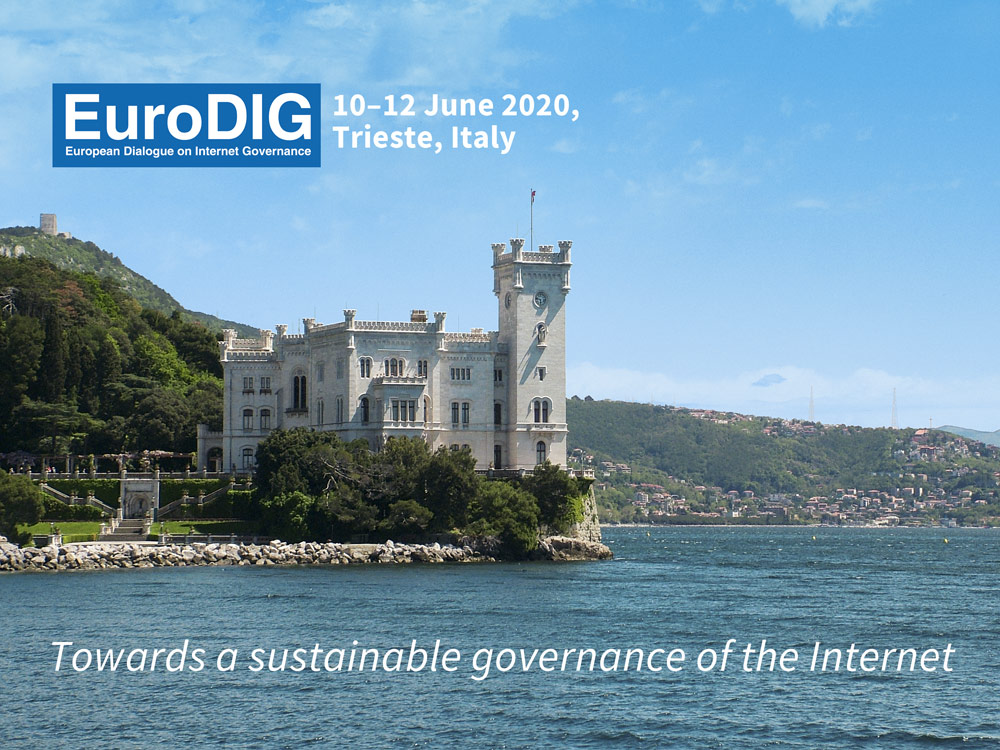How to turn challenges into opportunities for education transformation?
12 Jun 2020 14:30h - 16:00h
Event report
The session discussed the consequences of the COVID-19 crisis for education in Europe and the consequences for affected institutions, the educational community, and the public at large.
According to Ms Janice Richardson (Education Expert, Council of Europe Digital Citizenship Programme), the current pedagogical processes need to be modified if we are to recognise and be part of the digital transformation in education. The way teachers are taught, the way teachers teach, the tools used, and the relationship between teachers and the industry all need to change.
Youth should benefit from their fundamental rights, including from the right to education, which has proved to be challenging in the pandemic. The right to education needs to be provided by the state and it must be non-discriminatory. The state needs to take active measures to make sure that the right to education is granted to every youth, Ms Joanna Kulesza (Professor, University of Lodz) stated.
The COVID-19 pandemic made it apparent that digital exclusion is a reality, Mr Tito de Morais (Book author and trainer) stressed, and not just in underdeveloped countries. The silver lining is that the pandemic has brought an enhanced discussion on the right to Internet access, Kulesza added. In the view of Tito de Morais, and strongly backed by the rest of the panel and the audience, children’s access to a computer, tablet, and to the Internet must be observed as a universal right today.
The speakers highlighted that a multistakeholder approach is necessary to raise awareness of relevant tools and platforms, to optimise the technical infrastructure for Internet access, and to enhance cybersecurity, all of which are important when connecting classrooms to the wider world.
It was also noted by Ms Ida van Praag (IDA Interim Development Advice, Ida Social Media Coach, Mediabalans) that a bottom-up approach is necessary to gain awareness of what children need to access digital tools, to become part of social and blended learning, and to become digital citizens. A new standard is needed to provide digital lessons and social learning lessons.
The session also reflected on some specific country experiences.
Speaking about online education in Albania, Dr Oliana Sula (Lecturer and researcher at the Department of Management, Faculty of Business at the University Aleksandër Moisiu) maintained that teachers and students lack creativity and content competencies. She also noted that online education has not yet been mainstreamed in Albania.
Van Praag noted that students in the Netherlands are more aware of digital tools and digital skills than are their teachers and underlined that the Netherlands will provide a new standard for the curriculum in primary and secondary schools to ensure that students will be well prepared to find a job in the future.
Ms Anna Borkowska (Psychologist, NASK) spoke about The Young Programmer’s Club, a programme designed to promote coding skills for elementary school students in Poland. The programme has been running since 2018 and has moved online because of the pandemic, drawing in a much higher number of participants (5000 students) compared to the offline editions of the programme (10-15 students).
Ms Susan Marukhyan (public relations and public education specialist) noted a room for improvement of media education in Armenia. Connectivity should be promoted and the content should be improved and diversified to meet the needs and expectations of modern generations.
North Macedonia benefitted from telecom provision of free Internet access to families in need, and from schools sharing their school computers to families in need. However, the readiness of society and the educational system to shift to online learning was poor, explained Dr Anastas Mishev (Professor, Faculty of Computer Science and Engineering, Cyril and Methodius University). He suggested that a policy on introducing distance education as a blended form of education and a national platform for online learning should be established.
Mr Wout de Natris (Consultant and Trainer/Owner, De Natris Consult) noted that curricula should include designing and building secure software and devices. If it is impossible for children to design and build secure software and devices, then society as a whole will remain inherently unsafe.
Ms Narine Khachatryan (Coordinator, Safer Internet Armenia [SAFE.am]) concluded the session by noting that it is yet early to conclude how the pandemic has affected educational institutions and systems around the world. However, it can be noted that even if schools find solutions to continue teaching, the quality of learning heavily depends on the quality of digital access; and today only 60% of the world population is online. The spread of the pandemic has revealed the weaknesses not only of educational systems, but also of societies, and has brought forth the importance of building resilience in the face of various threats.
By Andrijana Gavrilović
Related topics
Related event

